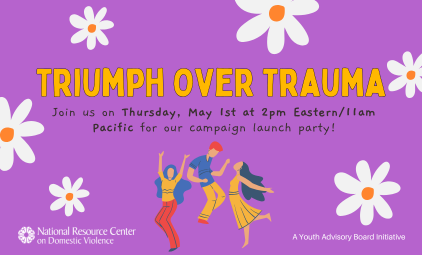This document summarizes the available research on childhood stress and its implications for adult health and well-being. Of particular interest is the stress caused by child abuse, neglect, and repeated exposure to intimate partner violence (IPV). This publication provides violence prevention practitioners with ideas about how to incorporate information on childhood stress into their work.
Excerpt:"Toxic stress results from intense adverse experiences that may be sustained over a long period of timeÑweeks, months or even years. An example of toxic stress is child maltreatment, which includes abuse and neglect. Children are unable to effectively manage this type of stress by themselves. As a result, the stress response system gets activated for a prolonged amount of time. This can lead to permanent changes in the development of the brain. The negative effects of toxic stress can be lessened with the support of caring adults. Appropriate support and intervention can help in returning the stress response system back to its normal baseline."
Contents include:
- The Effects of Toxic Stress on Adult Health and Well-Being (Findings from the ACE Study)
- Implications for Child Maltreatment Prevention
- Individual Level Strategies
- Relationship Level Strategies
- Community, Organizational, and Social Level Strategies
- Using this Information














